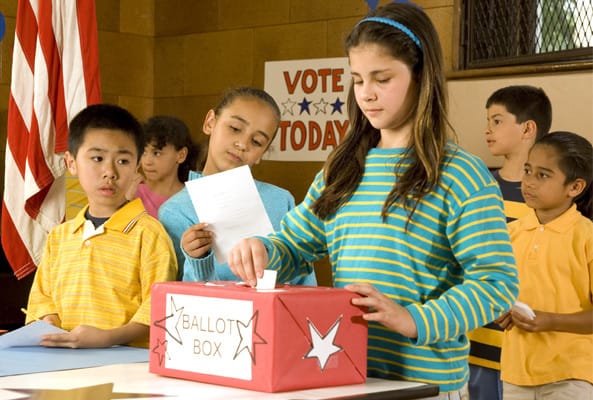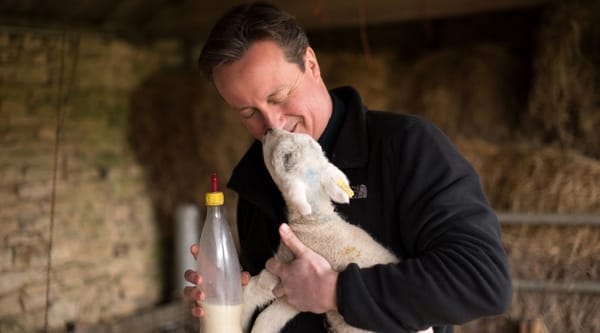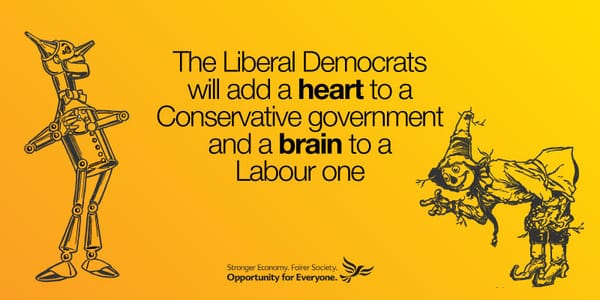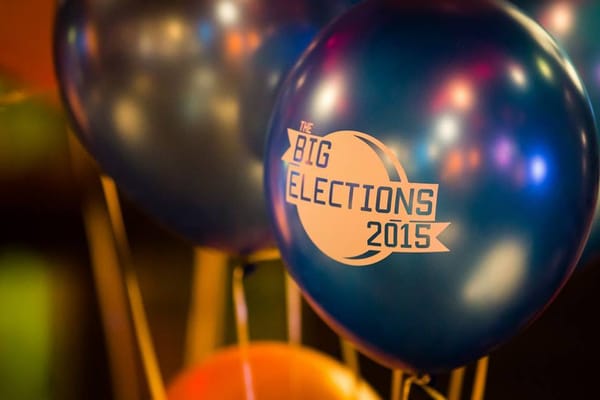It doesn’t take much effort to vote
Thomas Lim asks why students don’t care about the election

Conversations with friends around campus have reminded me that those of us keenly following the General Election are in the minority. Hardly surprising given that it’s exam season, but it doesn’t take much effort to go and vote next Thursday. What surprised me more was how people hadn’t registered, believing their vote was either worthless or would not make a difference.
In case it isn’t obvious enough, pledges and manifestos from parties are not about creating a balanced set of policies for the country, but instead reaching out to groups of voters who are likely to vote. Forty one percent of young people said they will definitely vote, but compare that with seventy five percent of over sixties who will definitely vote; you can see who the parties really want to engage with.
Pensioners have had a comparatively easy ride over the last few years thanks to various policies set by the Government. Can you blame politicians for behaving like this? Probably, but if we are not voting, we are not holding them to account and making our views clear.
Students in Nick Clegg’s constituency have made their views perfectly clear, with a number of them planning to vote tactically so he loses his seat (the sore feeling over a broken promise of tuition fees does not wear off, it seems).
Whilst I do not agree with them, I admire the fact that they are using their votes to make their views clear. Without this, we have no way of holding MPs to account, and no way to make it clear that we as young people are as equally important as other demographic groups.
The act of not voting merely enforces the idea that we are not engaged and do not matter. An undecided voter, however, gives the politician an opportunity to pander to them, and the issues which most concern them. If we do not vote, we give them the opportunity to overlook us.
A common complaint is that politics is stage managed and clean these days - it all just seems a bit boring.
We can thank Tony Blair for starting this unfortunate trend, but a lot of work has gone in to taking the spin out of elections, for example the excellent website voteforpolicies.org.uk allows you to compare your views on various topics with the main political parties.
The constituencies most Imperial students live in are not particularly marginal, meaning the chances of the party elected in that seat changing are low. This should not make a difference to whether you vote or not. When election strategists are planning their next campaigns, they will be interested in the demographics of the electorate, and who votes. By simply turning up to the ballot box, we remind them that we exist and are a group which must be considered.







